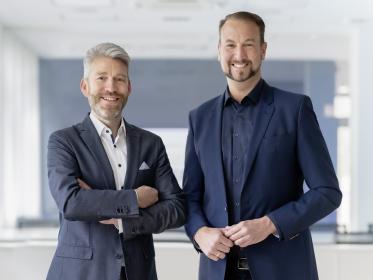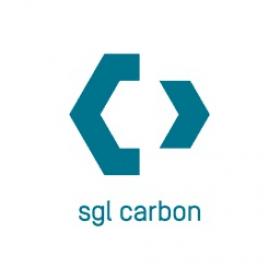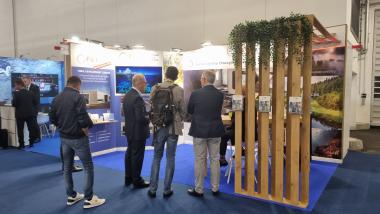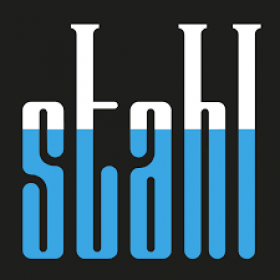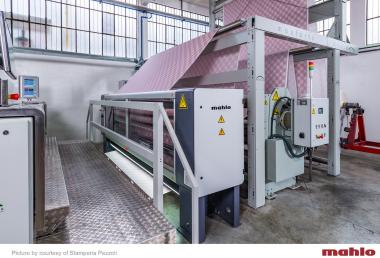Archroma to acquire the Textile Effects business of Huntsman Corporation
Archroma, a global leader in sustainable specialty chemicals and solutions and a portfolio company of U.S.-based private investment firm SK Capital Partners (“SK Capital”), announced it has entered into a definitive agreement to acquire the Textile Effects business (“Textile Effects”) from Huntsman Corporation. Closing of the transaction is subject to customary conditions and approvals and is expected to take place in the first half of 2023.
Since its formation in 2013, through a series of mergers & acquisitions, as well as internal investments in R&D, manufacturing and service capabilities, Archroma has been building a comprehensive portfolio of solutions to serve the emerging needs of the textile industry. The combination with Textile Effects and its rich historical roots of Huntsman and Ciba Specialties will create a technology powerhouse that will include Archroma’s legacy heritages of Sandoz, Hoechst, Clariant, BASF and Dohmen who have been at the cutting edge of the textile industry for decades, and together will continue to serve customers for years to come.
Both Archroma and Textile Effects are founding members of Sustainable Chemistry for the Textile Industry (SCTI), an alliance of leading chemical companies that strives to empower the textile and leather industries to apply sustainable, state-of-the-art chemistry solutions that protect factory workers, local communities, consumers and the environment.
Archroma




